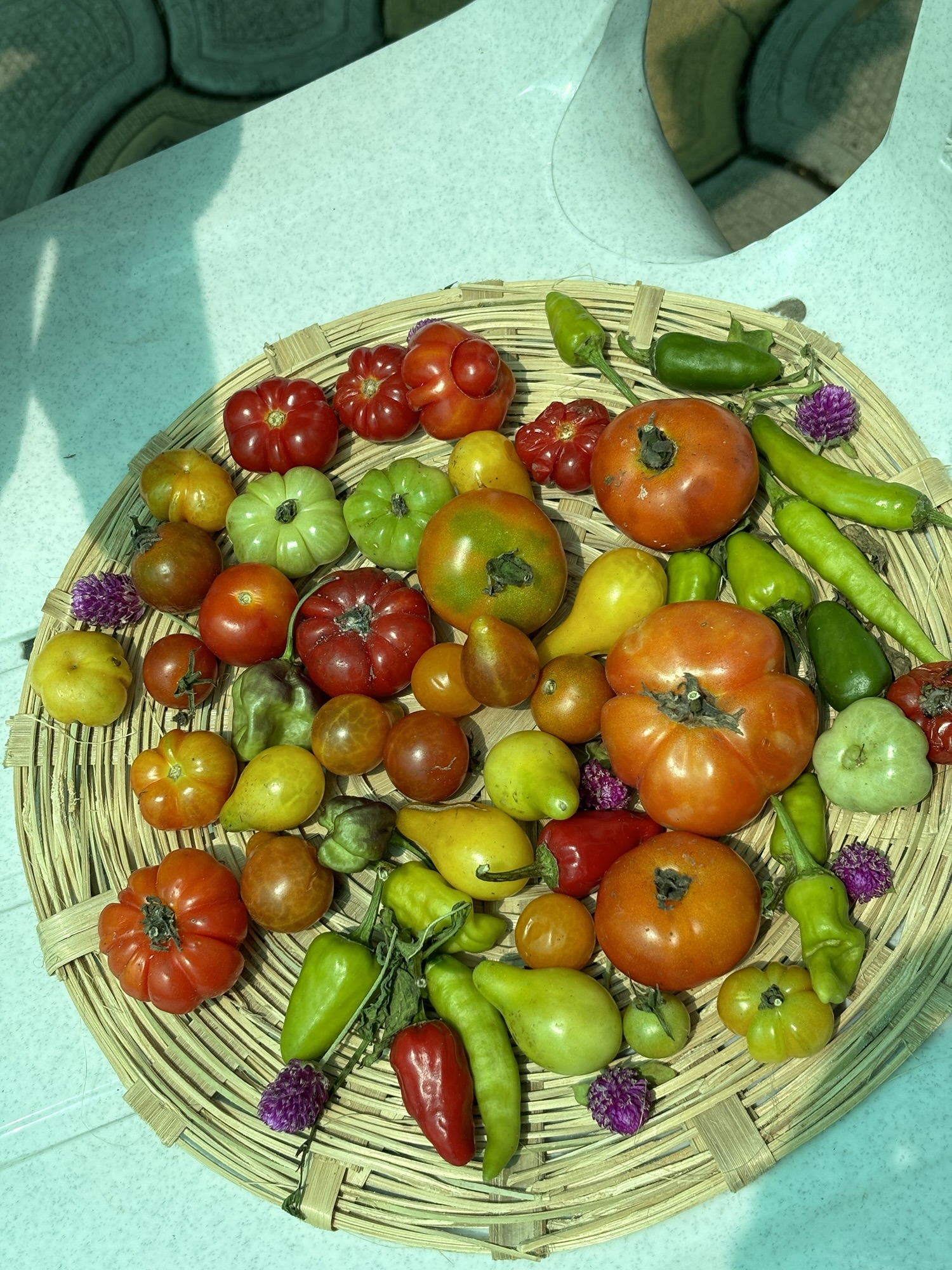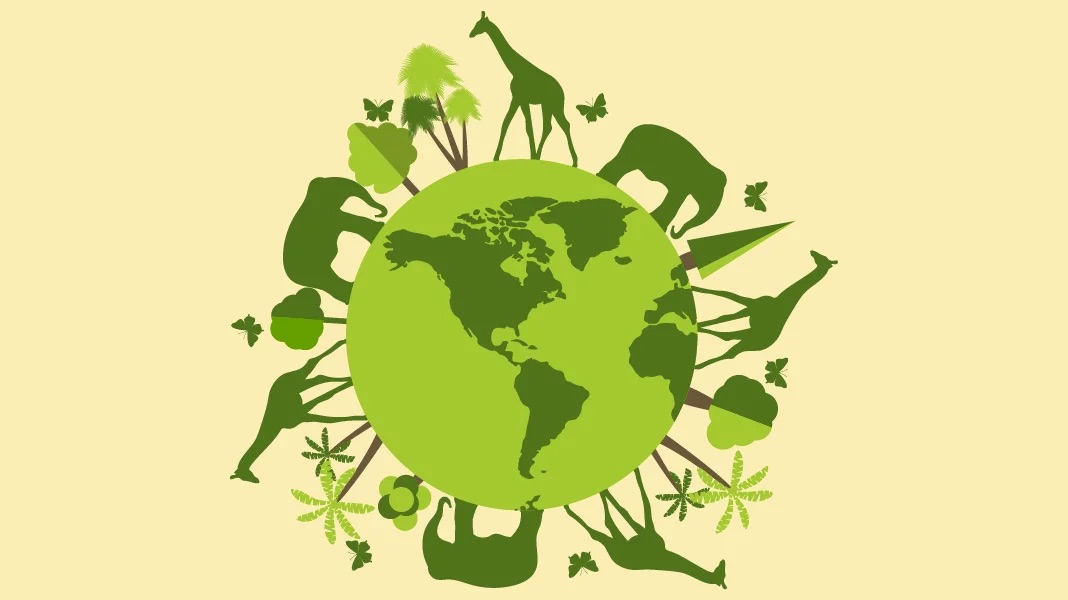The International Crops Research Institute for the Semi-Arid Tropics (ICRISAT) has taken a significant step by becoming the CGIAR’s Breeding Resources hub for South Asia. This new role will help improve crop breeding services in the region. ICRISAT aims to provide high-quality and standardized breeding services. The focus is on accelerating crop improvement to meet the food needs of many people.
ICRISAT will use shared tools and data systems. This will help enhance innovation in farming practices. The hub will also support climate resilience, which is vital for farmers facing changing weather patterns. With this initiative, ICRISAT hopes to strengthen food productivity in South Asia.
Asia is home to 60% of the world’s population but uses only 23% of global agricultural land. Most of the farms are small, averaging just 1 hectare. ICRISAT has been a leader in breeding important crops like chickpea, groundnut, and millets. The organization has introduced nearly 500 improved crop varieties that have boosted productivity and farmer incomes, especially in India.
ICRISAT’s mission goes beyond just breeding crops. It also develops tailor-made agricultural technologies to address challenges faced by dryland farmers. By partnering with communities, institutions, and governments, ICRISAT empowers smallholder farmers. This helps in enhancing sustainability and improving food security.
The collaboration between ICRISAT and the Government of India is strong and long-standing. Together, they work on innovative technologies to fight hunger and malnutrition. One notable achievement is the recognition of the year 2023 as the “International Year of Millets” by the United Nations. This highlights the importance of millets as a nutritious and climate-resilient food.
ICRISAT also has partnerships beyond India. It has collaborated with countries like China, Myanmar, the Philippines, and Vietnam. These partnerships aim to improve agricultural practices, enhance productivity, and uplift farmers’ livelihoods. For example, in Myanmar, ICRISAT has helped modernize crop improvement programs, leading to higher yields and profits for farmers.
In the Philippines, ICRISAT has shared knowledge and resources to support local farmers. Initiatives like the Bhoochetana program have helped promote sustainable land and water management practices. These collaborative efforts showcase the positive impact of teamwork in advancing agricultural practices.
ICRISAT’s work in Vietnam focuses on developing resilient crop varieties. By improving bioenergy crop production and soil management, ICRISAT helps farmers adapt to climate change.
With this new role as CGIAR’s Breeding Resources hub, ICRISAT aims to enhance its capacity to support agricultural research in the region. The High Throughput Genotyping Services (HTPG) will play a key role. This service will provide low-cost and fast genotyping facilities to improve genetic gains in crops. This is crucial for smallholder farmers in Sub-Saharan Africa and South Asia.
Overall, ICRISAT is dedicated to reshaping agriculture in Asia. Through innovative research, collaborative partnerships, and technology sharing, it aims to create sustainable solutions for farmers. This ongoing commitment will help ensure food security and improve the livelihoods of millions.
As ICRISAT continues its journey, it remains focused on building resilience in agriculture. The collaboration with CGIAR is a significant milestone, promising a brighter future for crop improvement and food security in South Asia.




